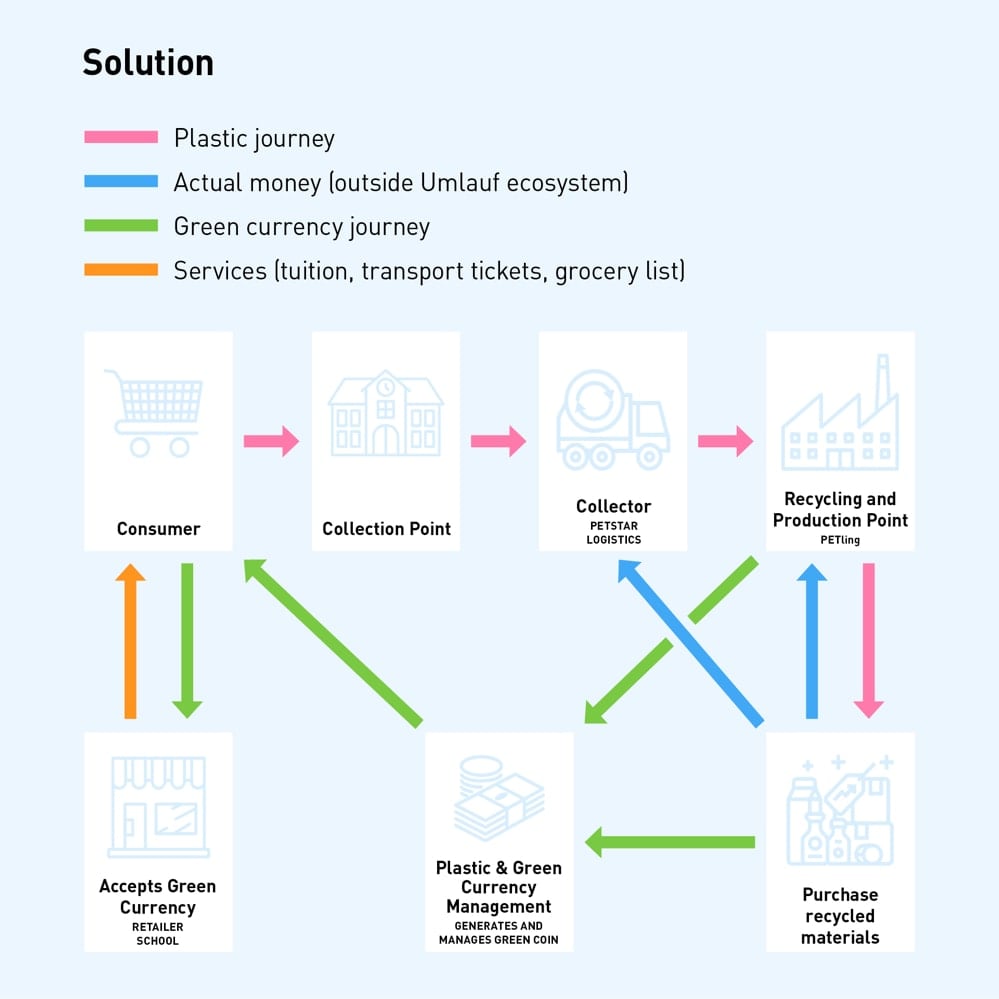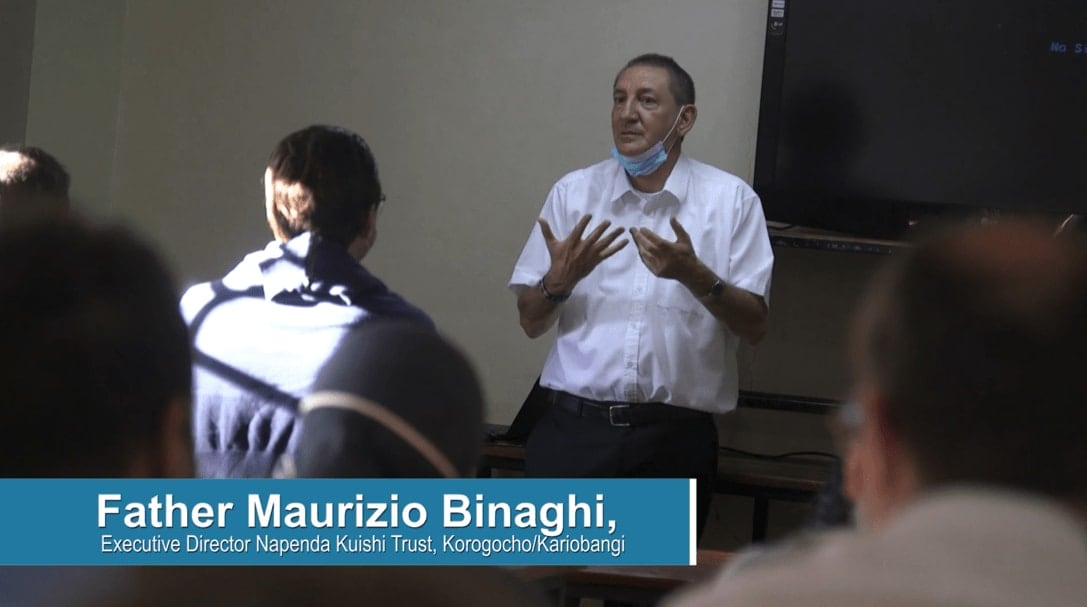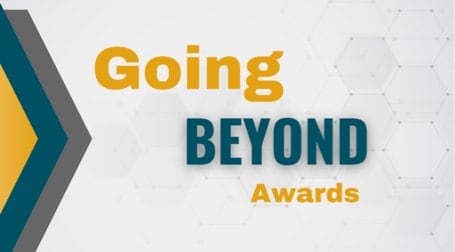The goal of the week-long Impact Investing Discovery Expedition, led by Professor Vanina Farber, the newly-appointed Dean of the EMBA and holder of the elea Chair for Social Innovation, is for the EMBAs to conduct due diligence to make investment recommendations on Peruvian social enterprises to international and local impact investors. What are the novel and impactful market solutions brought by the Peruvian social enterprises that are worth investing in?
For many of the participants, their business experience had been in a purely commercial environment. The first session opened their eyes to how impact investment can both create positive financial returns and also change the fabric of societies. To understand the Peruvian context, EMBA participants learn about the diverse nature of Peruvian society and its macroeconomic environment from a broad range of speakers, site visits and cultural experiences.
Alonso Segura, a former Minister of Economy and Finance, set the stage to understand the Peruvian model of growth and its place in the broader Latin American region. Despite political turmoil, corruption scandals and the pandemic, he said, Peru can be seen as a success story in the region with more than 20 years of sustained growth and poverty reduction.
Jose Carlos Ugaz, who has been fighting corruption in Peru for many years, explored the systemic lack of institutional strength in Peru and what this means for its stability.
Piero Ghezzi, a former Minister of Production, spoke about the role of private and public capital, and the relationship between informal and formal business structures.
Mercedes Araoz, an economist and former Vice President of Peru, focused on the dichotomy of the Peruvian opportunity – that there were challenges but also a sense of optimism about the future.
The participants then met social enterprises to assess the viability, scalability and impact of their business models.. This required building trust with entrepreneurs and getting a sense for whether they would be good candidates for impact investment. They focused their due diligence on Nanas y Amas, D1, Sinba, Doktus and Villa Andina.
Next, the participants learned about the mindset of an impact investor.
Adrian Ackeret, CFO of the elea Foundation – a philanthropic impact investment organization – presented the live case study of inkaMoss. Jorfe Farfan, an impact investor at Bamboo Capital in Switzerland, explained different financial instruments with a special focus on equity financing for social enterprises. Natasha Barantseva from ANDES Impact Partners, shared the importance of debt financing, and spoke about gender lens investing and the emerging role of women as impact investors and entrepreneurs.
To further understand the Peruvian context, the EMBAs learned about the Peruvian specialty drink Pisco, tasted locally-produced chocolate at a Book Vivant store, participated in hip hop classes for at-risk youth and visited the traditional artist community of Sarhua, a UNESCO heritage project. They also met successful corporate leaders who focus on social impact in sustainable fashion, tourism and agriculture, such as Alonso Burgos and Andres Chaves Cuzzi from KUNA, José Koechlin von Stein from Inkaterra and Rosario Bazan from Danper.
The expedition culminated in the teams’ presentations to an investor panel, which evaluated their investment proposals and provided feedback. At a closing event, special guest speaker Francisco Sagasti, former President of Peru (2020-2021), highlighted the role of business and impact investing in making a real difference.



